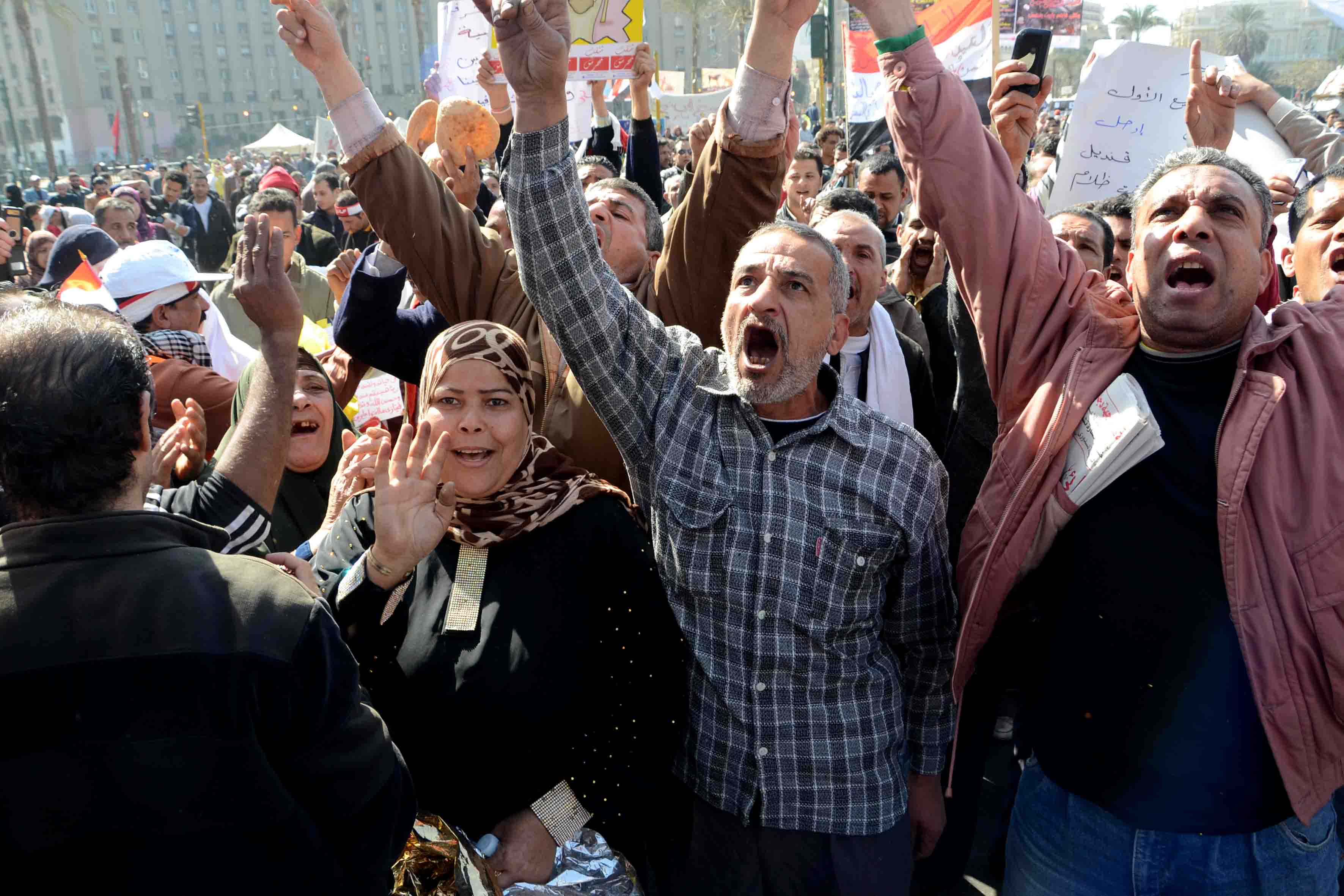A delegation from Syria’s largest opposition group arrived in Geneva on Saturday to join UN-led peace talks, a day after backing down from their threat to boycott the negotiations, according to Reuters news agency.
The delegation operating under the title of the Higher Negotiation Committee (HNC), headed by former prime minister Riad Hijab, is expected to have its first meeting with the UN special envoy to Syria Staffan de Mistura on Sunday. It gathers Al-Assad’s main political and armed opponents.
“We want to show the world our seriousness in moving toward negotiations to find a political solution,” HNC spokesman Riyad Naasan Agha said.
“We are going to Geneva to put to the test the seriousness of the international community in its promises to the Syrian people and to also test the seriousness of the regime in implementing its humanitarian obligations,” he added.
The delegation stressed that there would have to be humanitarian improvements, such as the release of detainees and the prospect for aid agencies to access areas in need, to justify its continued presence in Switzerland.
Separate rooms
Due to last for six months, the so-called proximity talks will feature delegations from the respective factions in the conflict sequestered in separate rooms with UN officials shuttling between them.
The peace talks, which mark the first time in two years that the warring sides in Syria have met in an effort to find a political solution, officially began on Friday with de Mistura meeting the delegation of the Syrian government.
During the meeting, Syrian Ambassador to the UN Bashar Al-Jaafari, reiterated Bashar Al-Assad’s government’s willingness to find a political solution to the conflict, according to Syria’s official news agency SANA.
Pressure and threats
Mohammad Bassam Imadi, a member of the Syrian National Coalition, said the success of the peace talks rely on external actors’ ability to enforce the Syrian government’s adherence to previously agreed upon UN resolutions. “These talks will only be successful if there is enough pressure and threat from the international community on Bashar Al-Assad’s regime to end the crisis and implement the UN Security Council Resolution 2254,” Imadi told Daily News Egypt.
UN Security Council Resolution 2254 scheduled the Syrian peace talks for January 2016 and endorsed a roadmap to end the Syrian conflict, with two articles calling for immediate access to humanitarian aid and an end to attacks on civilians.
“The Syrian regime is only attending the UN talks to slow the peace process and bring us [the opposition] back to square one,” Imadi said.
“If these [Geneva] talks fail, we will have to start from scratch again and will have to ask western powers to provide us with more military support,” he added.
Syrian population
Earlier this month, Secretary-General of the UN Ban Ki-moon urged all parties to put the interests of the Syrian population above their own.
“Children and women in particular have borne the brunt of this fighting and it is time now to see the end of the fighting and other human rights abuses that have dominated the war,” the U.N. chief said.
More than 250,000 people have died, 6.5 million have been internally displaced while 4.5 million have been registers as refugees in Egypt, Iraq, Jordan, Lebanon, Turkey, and North Africa, in almost five years of civil war in Syria, according to the latest UNHCR reports.
The International Organisation for Migration reported in mid-December that more than 1 million Syrian refugees had travelled to the European continent by land and sea.


